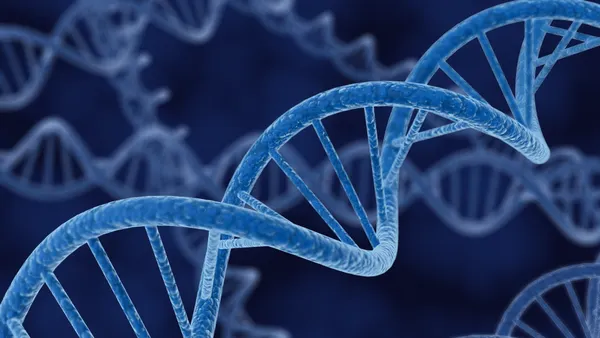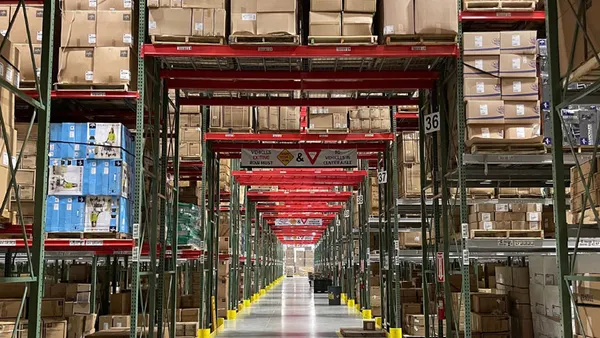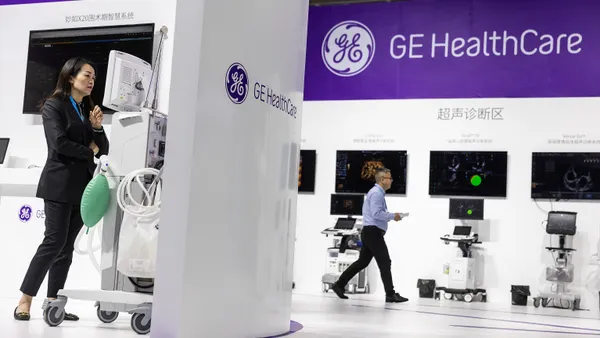Dive Brief:
-
Illumina execs are defending the $8 billion it is set to pay for Grail in response to questioning about Exact Sciences' far-lower valuation of Thrive Earlier Detection.
-
Earlier this week, Exact Sciences agreed to buy Thrive, one of Grail’s competitors developing a cancer-detecting liquid biopsy sector, for $2.15 billion. Illumina made the case for the higher valuation of Grail on the grounds the company has more data and is likely to be first to market.
- Illumina CFO Sam Samad made the comments late Thursday in conjunction with the release of third quarter results, which showed a sequential increase in the clinical use of its sequencers.
Dive Insight:
Analysts and investors have been skeptical of the merits of Illumina’s takeover of Grail since the deal was disclosed in September. Those doubts are underpinned by multiple concerns, from questions of whether Illumina has the clinical expertise to make a success of Grail’s tests to fears that the takeover will put the sequencing giant at odds with its liquid biopsy customers.
Exact Sciences’ $2.15 billion takeover of Thrive gave analysts, including SVB Leerink’s Puneet Souda, another possible problem with the Grail deal. What, Souda asked in a note to investors, explains the fact that “it appears that Grail is valued significantly higher versus Thrive?”
Illumina CFO Samad made the case Thursday for why Grail commands a premium.
“Grail is looking to launch its test next year and that will likely make them the first player into the market. We have also undertaken by far some of the largest clinical studies in that space," the CFO said.
"They have over 100,000 people enrolled in the studies that they’ve done and generated quite a remarkable bolus of data associated with their test. And then the performance characteristics of their tests are very strong,” Samad continued.
Samad argued Grail is a best-in-class product, pointing to “a sensitivity in the high-60% with a false-positive rate of less than 1%” in the 12 deadliest tumor types. With Grail also having a possible first-mover advantage and FDA's OK to run an IDE study, Illumina sees the data enabling it to claim a dominant position in a market it calculates could be worth $75 billion by 2035.
Given the size of the opportunity, Samad expects multiple players to claim a piece of the market. If everything goes to plan, Illumina will capture a piece of the market directly through Grail while also benefiting indirectly from the sequencing products it provides to other liquid biopsy companies.
For that scenario to play out, liquid biopsy companies such as Thrive and Foundation Medicine will need to continue relying on Illumina for sequencing products despite it now competing with them through Grail. Illumina CEO Francis deSouza addressed the situation in his prepared remarks on the third quarter results conference call.
“We expect to operate Grail as a division within Illumina,” deSouza said. “We remain committed to supporting all of Illumina’s customers and ensuring that innovators who wish to develop NGS-based tests have continued access to our technologies.”
Elsewhere on the call, deSouza and Samad discussed the performance and prospects of Illumina’s core business. DeSouza said Illimuna saw a strong rebound in the third quarter, driven by the return of business from both clinical and research customers. Illumina expects sequencing run volumes to “continue to improve modestly” in the fourth quarter.












